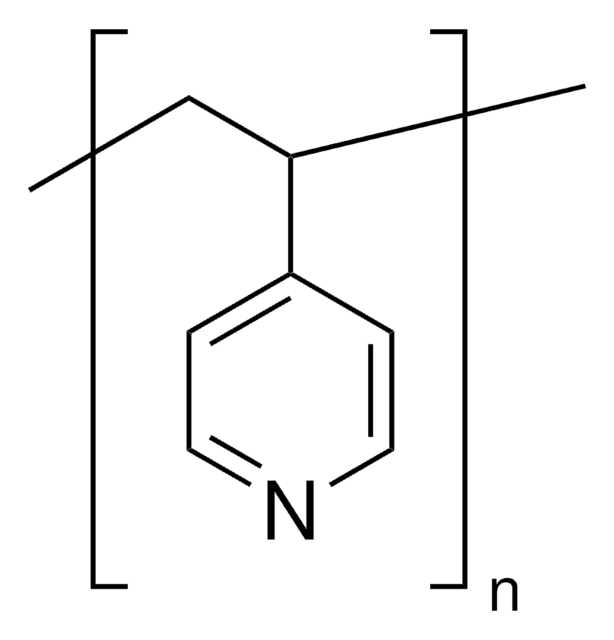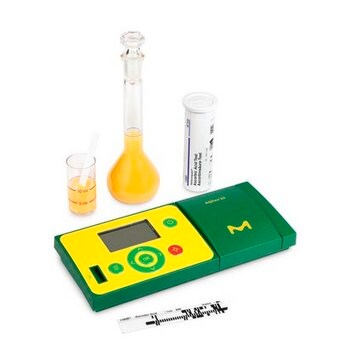234257
Polyvinylpyrrolidone
powder, average Mw ~29,000
Synonym(s):
PVP, Polyvidone, Povidone
About This Item
Recommended Products
form
powder
Quality Level
mol wt
average Mw ~29,000
ign. residue
≤0.5%
SMILES string
C=CN1CCCC1=O
InChI
1S/C6H9NO/c1-2-7-5-3-4-6(7)8/h2H,1,3-5H2
InChI key
WHNWPMSKXPGLAX-UHFFFAOYSA-N
Looking for similar products? Visit Product Comparison Guide
General description
Application
Other Notes
Storage Class Code
11 - Combustible Solids
WGK
WGK 1
Flash Point(F)
Not applicable
Flash Point(C)
Not applicable
Personal Protective Equipment
Choose from one of the most recent versions:
Already Own This Product?
Find documentation for the products that you have recently purchased in the Document Library.
Customers Also Viewed
Articles
New methods for materials fabrication at the micro- and nanoscale will drive scientific and technological advances in areas of materials science, chemistry, physics, and biology. The broad diversity of potentially relevant materials, length scales, and architectures underscores the need for flexible patterning approaches. One important example is the fabrication of 3D periodic structures composed of colloidal, polymeric, or semiconductor5 materials.
Noble-Metal Nanostructures with Controlled Morphologies
Developed in the last several years, fluorescence quenching microscopy (FQM) has enabled rapid, inexpensive, and high-fidelity visualization of two-dimensional (2D) materials such as graphene-based sheets and MoS2.
Lithium-Ion Battery Performance: Dependence on Material Synthesis and Post‑Treatment Methods
Our team of scientists has experience in all areas of research including Life Science, Material Science, Chemical Synthesis, Chromatography, Analytical and many others.
Contact Technical Service


